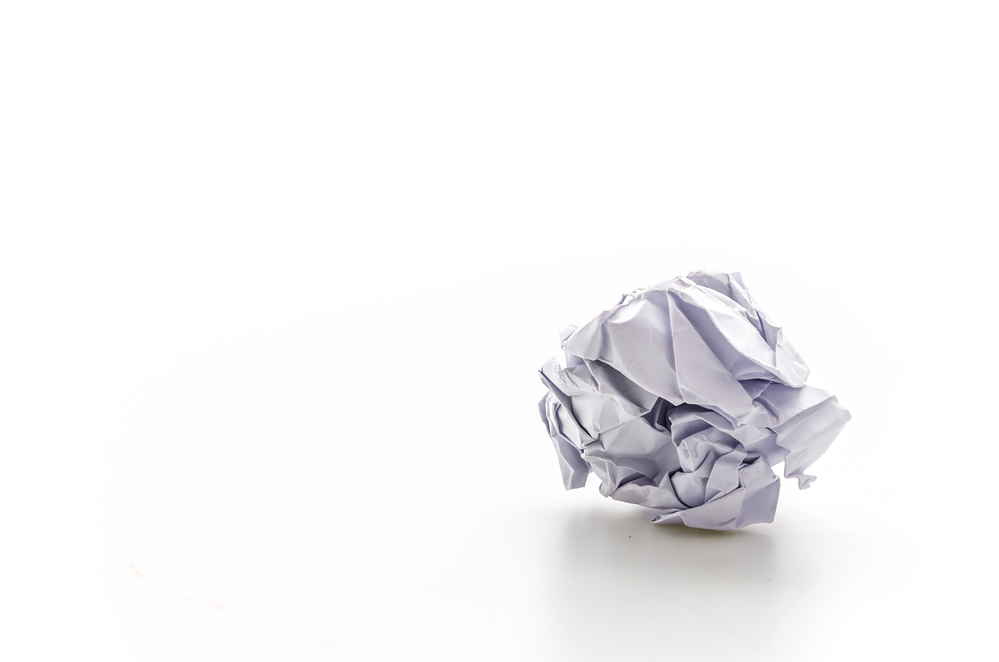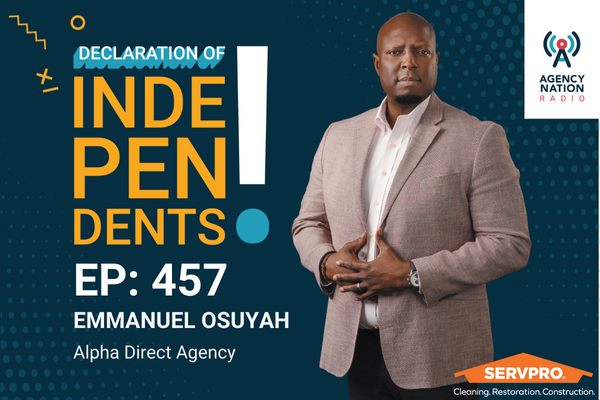Why RV Insurance Is More Than a Cross-Selling Opportunity

By: Olivia Overman
The RV industry has gone through a regeneration over the past number of years. Traversing from the realm of 55-and-older consumers, RVs are now in the line of sight for millennials and Generation Z, who now represent 22% of the RV market, according to the RV Industry Assocition.
RVs can cost anywhere from $10,000 to $300,000 and above, which means independent agents can use this opportunity to not only round out their personal lines book of business but attract new clients looking to protect one of their most expensive purchases and hone in on affluent clientele.
“With more than 11.2 million households owning an RV and 2021 RV shipments projected to break records, now is a great time to capture new business in this segment or quote an RV that may already be in one of your customer’s households,” said David Knapp, marine and RV product lead at Foremost Insurance Group.
For the uninitiated, adding an RV to a homeowners or auto policy may seem like it provides sufficient coverage but “without coverage specific for the RV, it could be setting customers up for a poor claims experience,” says Brook McGuire, product strategy lead, Safeco Insurance.
Typically, coverage gaps arise when an owner insures their RV on a homeowners or auto endorsement policy, rather than on a separate RV policy. Agents should make clients aware of such gaps.
“On a separate travel trailer or motorhome policy you will have options for loss settlement, including total loss replacement cost,” Knapp says. “You will also have coverage options for adjacent structures, emergency expense, medical benefits, specialized options like full-timer liability and coverage for stationary travel trailers. These options are generally not available for an RV insured on a homeowners or auto endorsement.”
“I believe a standalone policy provides the best kind of coverage for what you’re trying to protect, but I think the agent can have those conversations with the customer and figure out would an endorsement make the most sense or would the customer need a standalone policy,” says Matt Jacobs, product manager, Progressive. “That’ll really just depend upon the value of what they’re trying to protect as well as maybe what they’re storing in their RV or what they’re carrying around in there.”
“First-time owners may make a lot of assumptions about what’s covered and what their claims experience is going to be like,” McGuire says. “For example, contents coverage itself creates a lot of angst and confusion among consumers and it’s even more complicated when you add up the value of the customer’s electronics, jewelry, aftermarket RV customizations and all the things that may be on an RV policy.”
For agents, understanding what the client both needs and wants is key to providing the best coverage.
“It requires a little bit of work on the part of the agent to build the knowledge needed, like understanding the different types of vehicles and how to ensure contents are covered, how vacation liability would apply, and how homeowners policies would interact versus a separate RV policy that the agency could place,” McGuire says.
The first step is to build some expertise in the market. “Visit a dealership or, better yet, go rent an RV and spend some time in it,” McGuire says. “Customers really love doing business with someone who gets them and can speak RV to them.”
Other areas for agents to take into consideration when advising clients include the fact that “with remote working and schooling becoming more prevalent over the past year, we may start seeing more RV owners deciding to be full-timers or using their units as a primary residence,” Knapp says. “Many carriers have restrictions for primary residence RVs, so it’s important for agents to inquire how the applicant is going to use the unit.”
For most RV owners, current RV insurance rates are lower than auto premiums, “which makes it a great line of business for capturing customers,” McGuire says. “By putting together a nice package including the client’s RV plus their home and auto and offering an umbrella policy—we see this as a growth opportunity for agents.”
Alternatively, agents can consider prospecting and marketing to RV customers first and then rounding out with the home, auto and umbrella policy. “I think those agents will be more successful than agents who are quoting for the home and auto and then asking about the RV coverage,” McGuire says.
Of course, if an independent agent is to focus on this expanding line of business, they “should get in with a local dealership and get a referral system going,” Jacobs says. “A lot of dealerships will have relationships with agents, whether that is local agents or the larger national agents.”
Some dealerships, however, will have no agent connection at all and this presents an opportunity for individual agents to build a relationship, get a referral partnership going and learn the tricks of the RV trade.
Olivia Overman is IA content editor.

